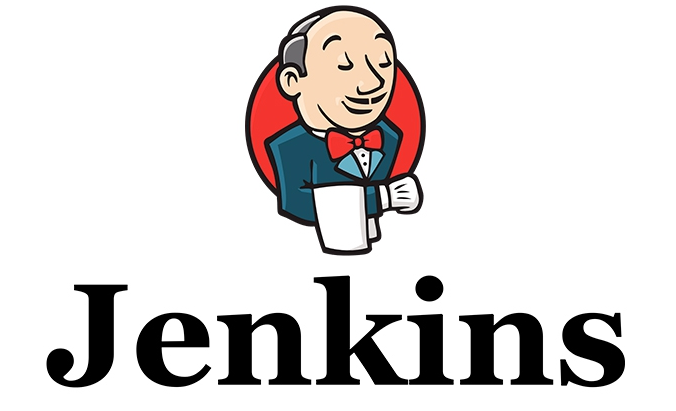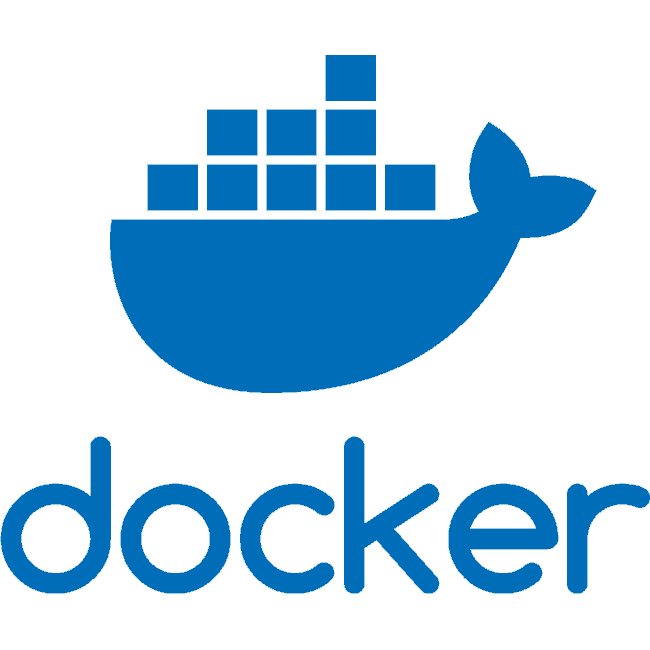What is Jenkins ?
Jenkins is an open-source automation server which enables developers to reliably build, test, and deploy their software. In this course, you will learn about CI/CD tools, Jenkins jobs, Dockers. Over time, CD (Continuous Delivery) and deployment features have been added to Jenkins. Continuous delivery is the process of automating the building and packaging of code for eventual deployment to test, production staging, and production environments. Continuous deployment (CD) automates the final step of deploying the code to its destination.

It has all to do with DevOps
- This focusof this course will be on automation and reusability
- As developers you will be capable to automate their own Jenkins build scripts by using Jenkins Pipelines
- Using docker, a closer dev-prod parity should allow you to build software the same way locally, as on the build servers
Jenkins reduces stress on the development and operations team.
Dockers
This course contains step-by-step instructions on how to get started with Docker. In this course, you’ll learn how to:
- How to build and run an image as a container
- How to share images using Docker Hub
- Deploy Docker applications using multiple containers with a database
- Run applications using Docker Compose
In addition, you’ll also learn about the best practices for building images, including instructions on how to scan your images for security vulnerabilities.

Urban Code Deploy
It is a tool for automating application deployment through various deployment environments like Dev, QA, Staging, and PROD. In agile development, it is a very important tool used for continuous delivery.
UrbanCode Deploy provides:
- Integrate with build and test tools to automatically deploy, test, and promote new builds
- Automated deployments and rollbacks of applications
- Inventory Management
- Clear visibility which defines what and where the artifact is deployed
